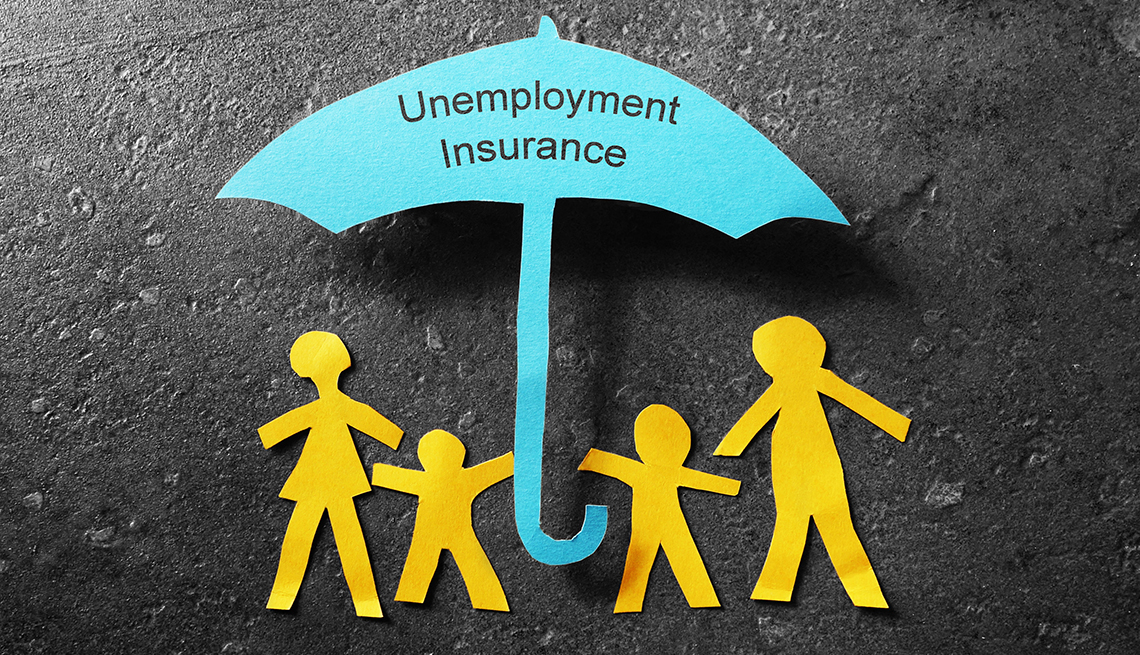
What to do when your unemployment benefits run out
- Select a language for the TTS:
- UK English Female
- UK English Male
- US English Female
- US English Male
- Australian Female
- Australian Male
- Language selected: (auto detect) - EN
Play all audios:
It's been more than a year since the coronavirus pandemic exploded in the United States. That's a milestone with serious financial consequences for the more than 3 million workers
age 50 and older who have lost their jobs during this crisis. While the rules for collecting unemployment insurance vary by state, in many of them, the maximum length of time a person can
collect regular benefits is 26 weeks — or roughly six months. That means many people who haven't been able to find jobs to replace ones they lost this year are now discovering that they
also are losing their unemployment benefits. But three programs can help eligible individuals continue to receive crucial financial assistance, as long as they know these options exist and
take action to enroll. Once you run out of weeks to collect benefits through your state's regular unemployment insurance program, you become eligible for federal Pandemic Emergency
Unemployment Compensation (PEUC), a program that stimulus legislation created this year. When those benefits run out, you may be able to collect Extended Benefits (EB), another federal
program designed to help states during periods of high unemployment. And yet another program created by coronavirus stimulus legislation, Pandemic Unemployment Assistance (PUA), could offer
you a few more weeks, once your time to collect other benefits is up. The types of benefits you are eligible for will depend on the policies in the state where you worked and the conditions
of your previous employment, so make sure to discuss all of your options with that state's employment agency. Here's what you should know about how each program could extend the
number of weeks you can collect benefits: PANDEMIC EMERGENCY UNEMPLOYMENT COMPENSATION Under the stimulus legislation enacted last year, people can get benefits for up to 79 weeks after
their regular eligibility thanks to a program called Pandemic Emergency Unemployment Compensation. But in many cases, the transition from regular benefits to PEUC hasn't been seamless,
and many people appear to be missing out on money for which they are eligible. "States are supposed to inform workers when they fall out of regular unemployment insurance that they are
eligible for PEUC and give them information about how to apply,” says Michele Evermore, former senior policy analyst at the National Employment Law Project who now works as a senior advisor
on unemployment insurance for the U.S. Department of Labor. “But from what I'm hearing, that's not happening in every state. Unfortunately, during this pandemic, we've found
that you have to be incredibly persistent to actually access the benefits you're owed."